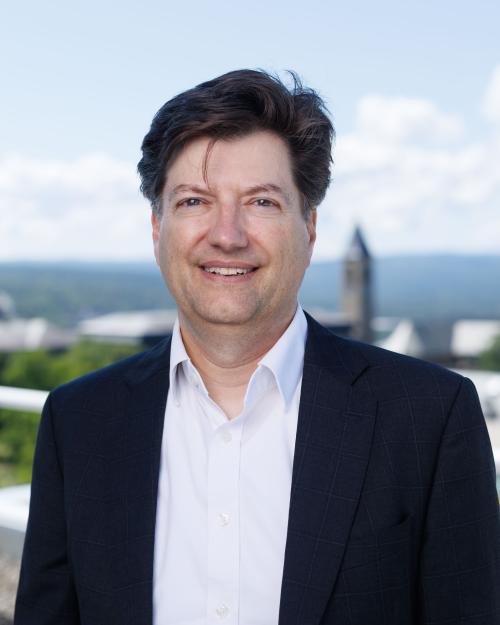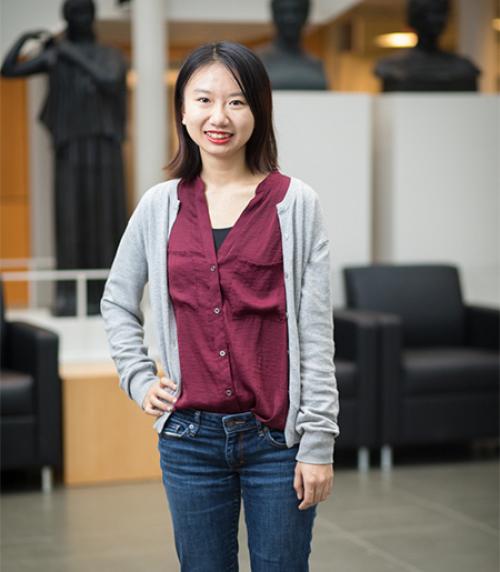Which discipline should survive the end of the world?
A&S Communications
 Department Homepage
The College of Arts & Sciences
Department Homepage
The College of Arts & Sciences


